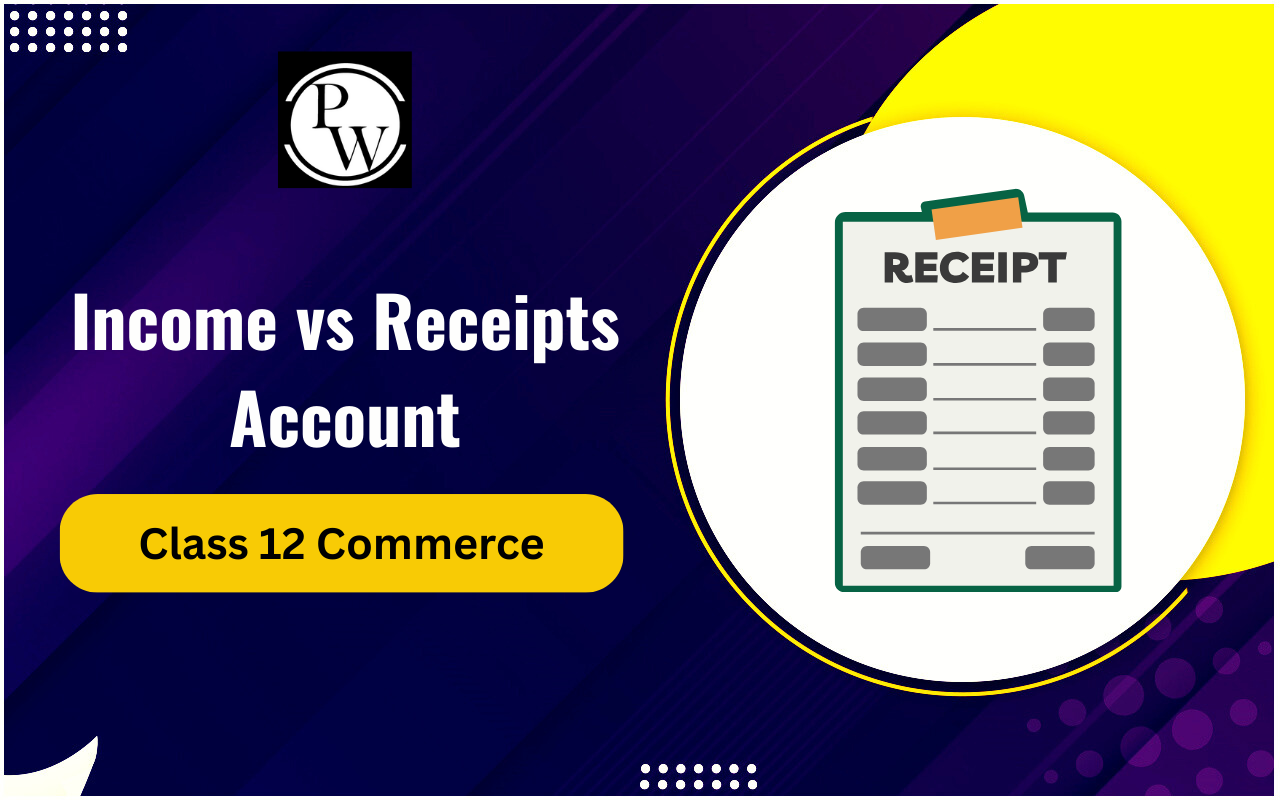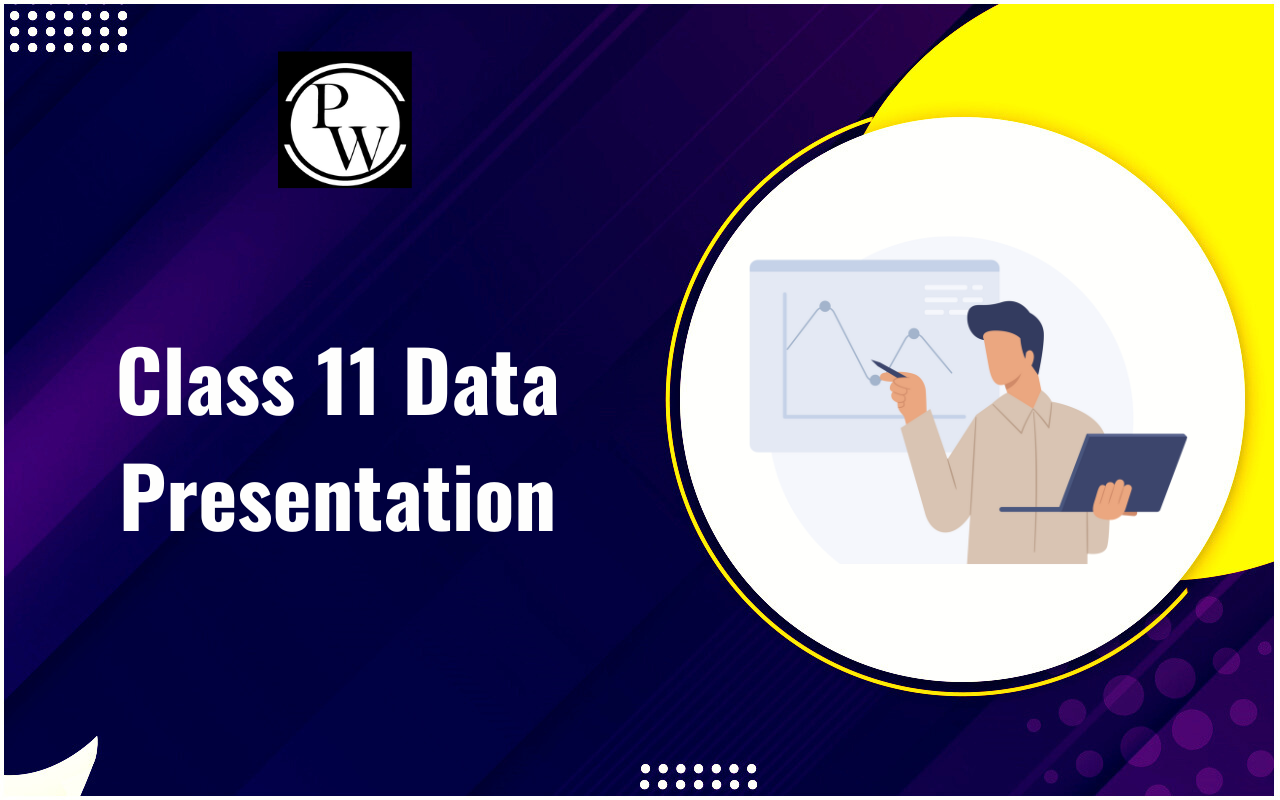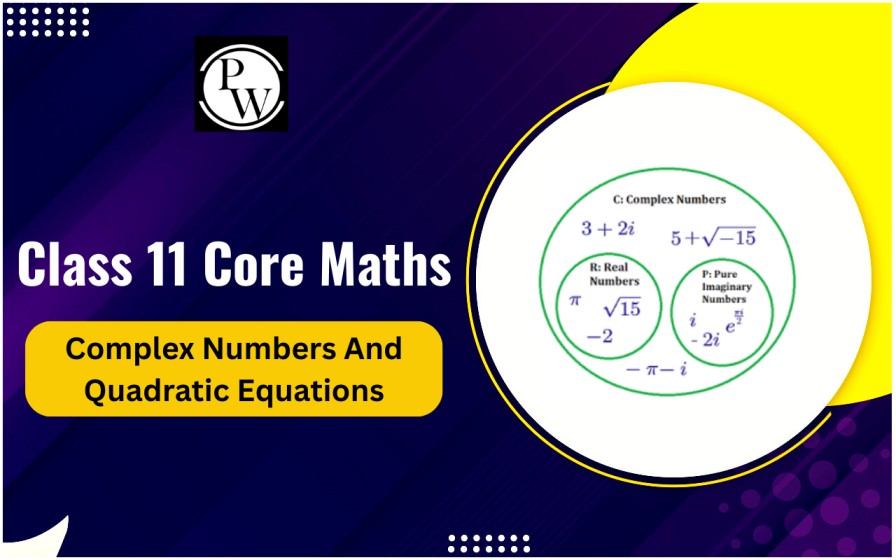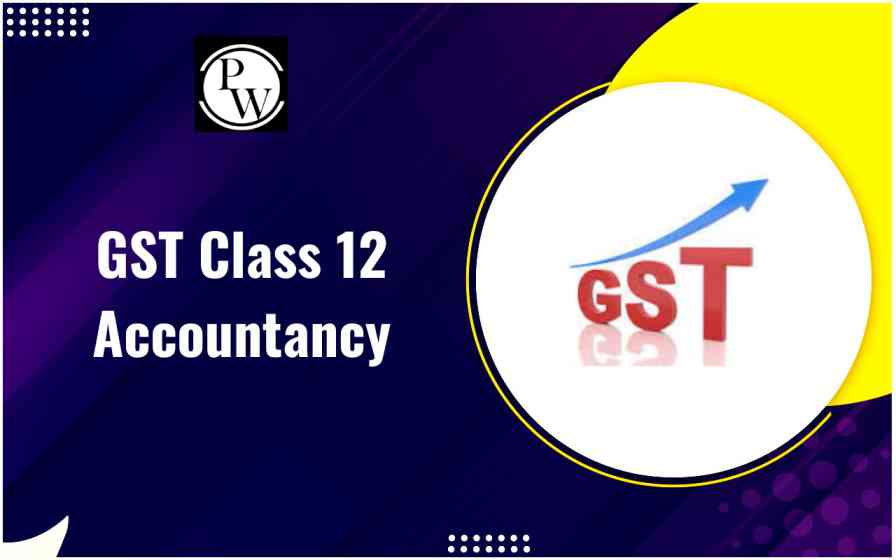
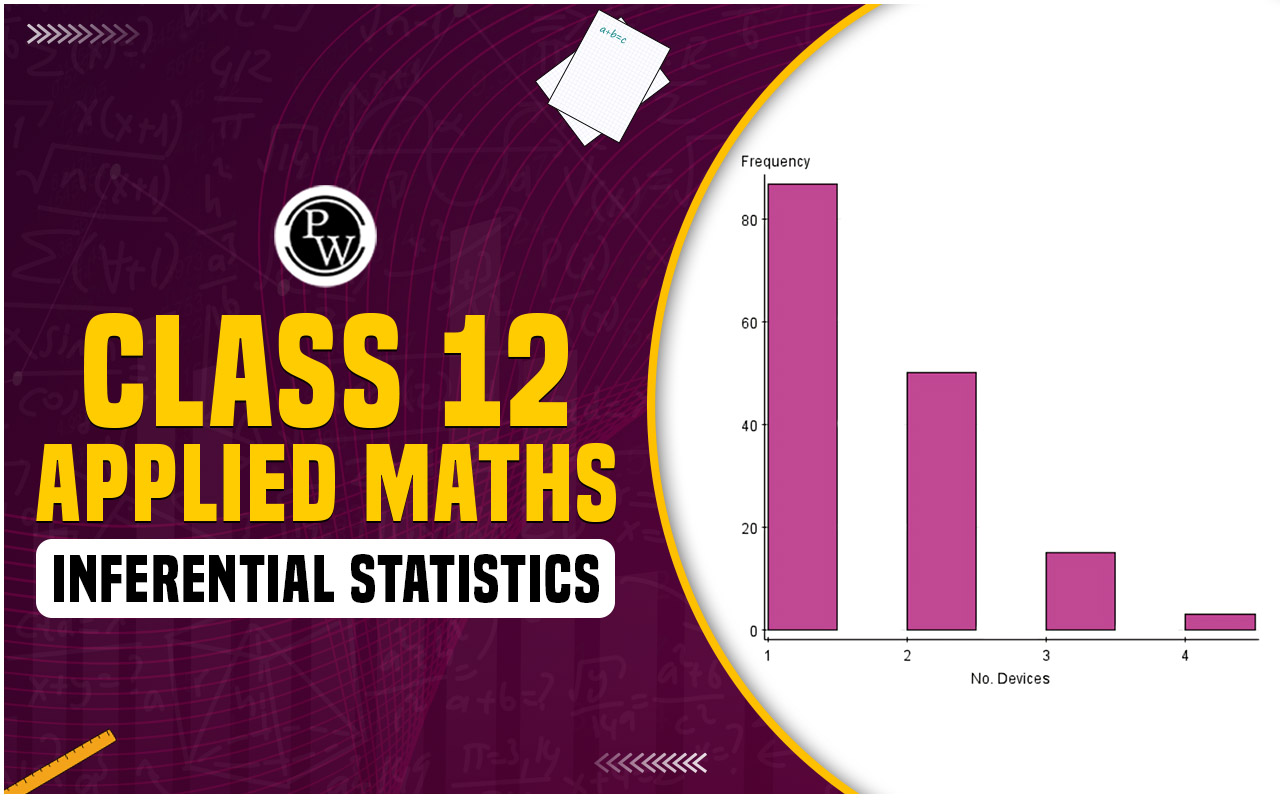
CBSE Class 12 Applied Maths Inferential Statistics: The Central Board of Secondary Education (CBSE) has introduced a new elective course for Class 12 Commerce students called Applied Maths.
This subject delves into practical math applications used in various industries. One important aspect of Applied Maths is Inferential Statistics. Statistics involves working with numbers to understand large amounts of data. Inferential Statistics is a method where we analyze a small sample of data to draw conclusions about a larger population. This article aims to explain the significance of Inferential Statistics in the CBSE Class 12 Applied Maths syllabus and its relevance in today's data-driven world.CBSE Class 12 Applied Maths Inferential Statistics Overview
Inferential statistics is all about analyzing data to grasp the characteristics of a broader probability distribution. It involves studying a sample of data to draw conclusions about the entire population it represents. The CBSE Class 12 Applied Maths Inferential Statistics offers practical insights through real-world case studies. These studies cover various fields like business, economics, psychology, biology, and census data. Through this curriculum, students learn to recognize the significance of data in today's world.CBSE Class 12 Applied Maths Inferential Statistics Syllabus
In the CBSE Class 12 Applied Maths course, you'll find Inferential Statistics covered in Unit 5. Let's break it down in a clear and easy-to-understand way:| Class 12 Applied Maths Inferential Statistics Syllabus | |
|---|---|
| Concept | Description |
| 5.1 Population and Sample | |
| Population | The entire group of interest, e.g., all students in a school. |
| Sample | A smaller subset of the population, e.g., students from one class. |
| Representative Sample | Reflects the characteristics of the larger population accurately. |
| Drawing Samples | Methods like simple random sampling (e.g., picking names from a hat) and systematic random sampling (e.g., every nth name from a list). |
| 5.2 Parameter and Statistic | |
| Parameter | Describes the entire population, like the overall average grade of a school. |
| Statistic | Describes a sample, like the average grade of one class. |
| Statistical Significance | Determines if sample results can be applied to the larger population. |
| Central Limit Theorem | Helps understand large populations using smaller samples. |
| 5.3 t-Test | |
| Hypothesis | An assumption or prediction to test. |
| Null Hypothesis | Assumes no effect or difference. |
| Alternate Hypothesis | Assumes there is an effect or difference. |
| Degree of Freedom | Helps decide which t-table value to use. |
| Testing Hypothesis | Method to check if assumptions or predictions hold, e.g., testing if a new teaching method is effective. |
CBSE Class 12 Applied Maths Inferential Statistics Weightage
In the Commerce Class 12 CBSE Applied Maths Board Paper, the topic of inferential statistics is worth 6 Marks out of a total of 80 Marks. This indicates that it carries a 7.5% weightage.| Class 12 Applied Maths Inferential Statistics Weightage | ||
| Subject | Number of Periods | Weightage |
| Inferential Statistics | 10 | 06 |
CBSE Class 12 Applied Maths Inferential Statistics Preparation Tips
Mastering Class 12 Applied Maths Inferential Statistics can be straightforward and rewarding with the right approach. To boost your confidence and success in this area, consider the following tips:- Create a Study Schedule: Design a schedule that allows regular practice of inferential statistics problems for CBSE Class 12 Applied Math. Consistency is key to improvement.
- Understand Concepts: Start by grasping the conceptual meaning of inferential statistics. Understanding the definitions will lay a solid foundation for problem-solving.
- Review Descriptive Statistics: Before delving into inferential statistics, refresh your knowledge of descriptive statistics. Many concepts overlap, so a strong understanding here is beneficial.
- Practice with Examples: Work through solved examples to familiarize yourself with the application of inferential statistics concepts. Then, tackle exercise questions to assess your comprehension.
- Utilize Sample Papers: Once you've covered all subjects according to the syllabus and exam pattern, test your knowledge with CBSE Sample Papers. This will help you gauge your readiness for the actual exam.
CBSE Class 12 Applied Maths Inferential Statistics Applications
Class 12 Applied Maths Inferential Statistics, widely used in various fields like social sciences, economics, and medicine, helps analyze data sets to draw conclusions beyond specific data points. Understanding its significance is clear when we look at everyday scenarios where inferential statistics come into play. For instance, consider a blood test conducted in a lab. While it's 99% accurate in detecting a particular disease when it's present, there's a 0.5% chance it will falsely indicate the disease in a healthy person. Now, if only 0.1% of the population actually has the disease, what's the likelihood that someone with a positive test result truly has the disease? In another example, let's say in a national survey, 500 students are randomly asked if applied maths is their favorite subject. Among them, 100 students answer positively. Now, we want to find a 90% confidence interval for the proportion of all students studying applied maths who consider it their favorite subject. Lastly, suppose we take a sample of 225 undergraduate men at UMD and find that the average best bench press is 150 pounds, with a standard deviation of 20 pounds. We're interested in calculating a 95% confidence interval for the average best bench press for all UMD undergraduate men.CBSE Class 12 Applied Maths Inferential Statistics FAQs
What is inferential statistics in CBSE Class 12 Applied Maths?
Inferential statistics in CBSE Class 12 Applied Maths involves analyzing sample data to make conclusions about a larger population.
How much weightage does inferential statistics carry in the CBSE board paper?
Inferential statistics in CBSE Class 12 Applied Maths carries a weightage of 6 Marks out of a total of 80 Marks.
What topics are covered under inferential statistics syllabus?
The syllabus covers topics such as population and sample, parameters and statistics, t-Test, and more.
How can I prepare for inferential statistics in CBSE Class 12 Applied Maths?
To prepare, create a study schedule, understand concepts, review descriptive statistics, practice with examples, and utilize sample papers.
What are the real-world applications of inferential statistics?
Inferential statistics finds applications in various fields such as social sciences, economics, and medicine, helping analyze data sets to draw broader conclusions.
Talk to a counsellorHave doubts? Our support team will be happy to assist you!

Check out these Related Articles
Free Learning Resources
PW Books
Notes (Class 10-12)
PW Study Materials
Notes (Class 6-9)
Ncert Solutions
Govt Exams
Class 6th to 12th Online Courses
Govt Job Exams Courses
UPSC Coaching
Defence Exam Coaching
Gate Exam Coaching
Other Exams
Know about Physics Wallah
Physics Wallah is an Indian edtech platform that provides accessible & comprehensive learning experiences to students from Class 6th to postgraduate level. We also provide extensive NCERT solutions, sample paper, NEET, JEE Mains, BITSAT previous year papers & more such resources to students. Physics Wallah also caters to over 3.5 million registered students and over 78 lakh+ Youtube subscribers with 4.8 rating on its app.
We Stand Out because
We provide students with intensive courses with India’s qualified & experienced faculties & mentors. PW strives to make the learning experience comprehensive and accessible for students of all sections of society. We believe in empowering every single student who couldn't dream of a good career in engineering and medical field earlier.
Our Key Focus Areas
Physics Wallah's main focus is to make the learning experience as economical as possible for all students. With our affordable courses like Lakshya, Udaan and Arjuna and many others, we have been able to provide a platform for lakhs of aspirants. From providing Chemistry, Maths, Physics formula to giving e-books of eminent authors like RD Sharma, RS Aggarwal and Lakhmir Singh, PW focuses on every single student's need for preparation.
What Makes Us Different
Physics Wallah strives to develop a comprehensive pedagogical structure for students, where they get a state-of-the-art learning experience with study material and resources. Apart from catering students preparing for JEE Mains and NEET, PW also provides study material for each state board like Uttar Pradesh, Bihar, and others
Copyright © 2025 Physicswallah Limited All rights reserved.



